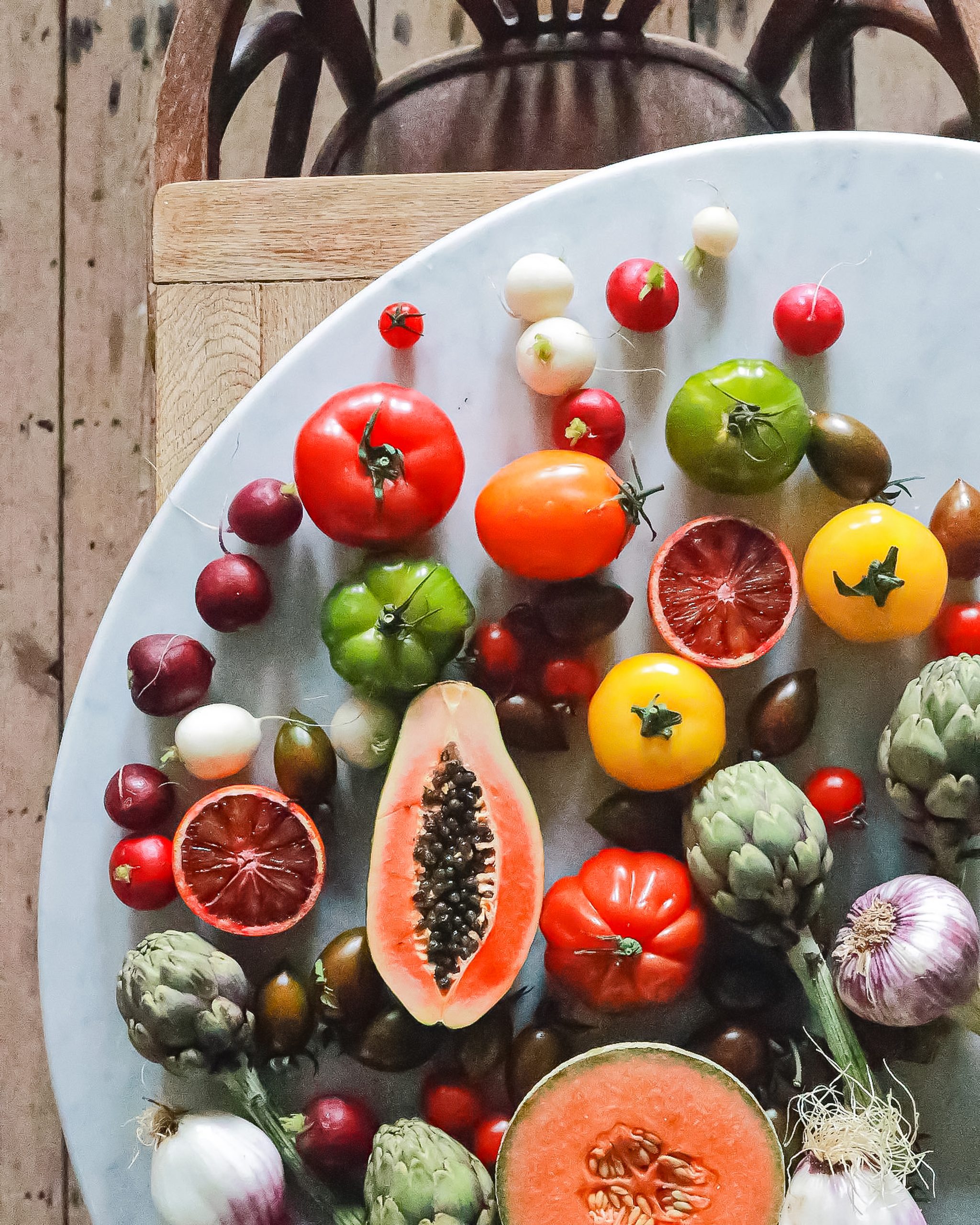Constant headaches can interfere with the quality of life. Knowing which foods to avoid or consumption recommendations can lessen the likelihood and severity of headaches. This article, Associated in Neurology provides insight into the best and worst foods for headaches, offering solutions for those suffering from these issues.
Associated in Neurology provides solutions for neurological problems such as headaches. To make it easier for those suffering from headaches, they have compiled the best and worst foods to eat when dealing with this issue. With this list, you can easily find the right food that will help ease the pain or avoid those that may worsen it.
The best foods for headaches include leafy greens, nuts, and fish, as they are rich in nutrients that can help reduce inflammation and promote brain health. On the other hand, processed meats, alcohol, and caffeine are among the worst foods for headaches, as they can trigger or exacerbate symptoms. By making mindful choices about what you eat, you can potentially alleviate the frequency and intensity of your headaches.
Foods to Avoid During a Headache
Eating the wrong types of food can lead to headaches, so it is important to know which foods to avoid during a headache. Knowing what not to eat can help individuals manage their symptoms more effectively and reduce the severity of their headaches.
Caffeinated drinks, alcohol, processed meats, salty foods, and sugar-heavy foods can all be triggers for headaches. Limiting oneself to one caffeinated drink per day, avoiding alcohol altogether, opting for lean proteins instead of processed meats, avoiding salty foods, and replacing sugary snacks with healthier options like fruits or nuts are all positive steps that can help reduce the risk and severity of headaches. Additionally, staying hydrated by drinking plenty of water throughout the day can also play a crucial role in preventing headaches. It is important to maintain a consistent sleep schedule and practice stress-reducing techniques such as meditation or exercise, as lack of sleep and high-stress levels can contribute to headache occurrence.

In addition to these lifestyle changes, it may be helpful to keep a headache diary to identify any triggers or patterns that may be causing your headaches. This can help you and your healthcare provider develop a more targeted treatment plan. Remember, seeking professional medical advice is important if your headaches persist or worsen over time. If headaches persist, Associated in Neurology is here to provide comprehensive neurological care. Contact them at (248) 478-5512 or request an appointment today to take control of your health and well-being.
From these facts, it is evident that knowing which foods to eat and avoid during a headache can be essential in managing and reducing hearing headaches. While coffee, alcohol, and salt can trigger headaches, replacing them with liquids like water, tea, and lean proteins as alternatives for processed meats will reduce HIF symptom severity. Following this custom list of the bests and worsts food choices, people suffering from headaches can successfully manage their symptoms more effectively. In addition, incorporating foods rich in magnesium, such as leafy greens, nuts, and whole grains, into one’s diet can also help alleviate headache symptoms. Furthermore, maintaining a consistent eating schedule and avoiding skipping meals can prevent blood sugar fluctuations that may trigger headaches.
Get Relief Now





